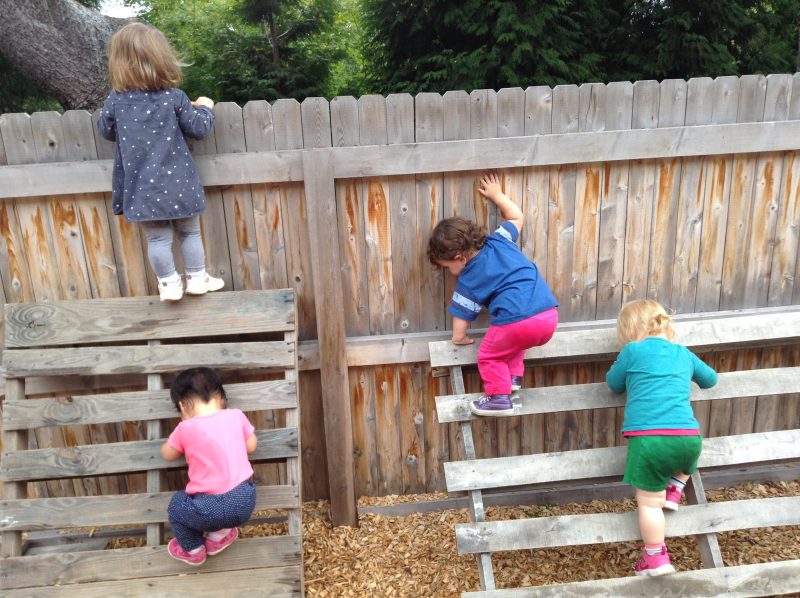A new school year and the transition from one classroom to the next gives caregivers, families, and all of our little ones the chance to build upon what we know. As parents and teachers, we can reflect on the past year, assess our priorities, and set goals. This is a time of change; there are new relationships to be established and deepened, trust to be earned, questions and concerns to bring to the table, much to learn.
I am, as I’m sure are all Alphabet Academy’s teachers, quickly getting to know my new class and their families, learning more about each infant daily, and falling in love with every one of them. They have unlimited learning potential and the task at hand is to collaborate with my co-teachers and classroom parents to create the most supportive, emotionally responsive, and respectful environment possible. Basically, we need to support the natural development of things.
Now some of us were raised in ways that lead us to believe that some emotions are more worth being seen and heard than others. Remember how good it felt as a child to make folks smile and clap and laugh? I do. Do you also remember the feeling that a spotlight was on you at all times, illuminating the very best and worst of your childhood? Do you remember how sensitive and touchy your audience was about your every move? Remember how they would wriggle with discomfort during the intense moments of the “You Show”; how they would get angry, boo you offstage, or get up and leave when the show didn’t go as planned? I do, too.
We are all extremely sensitive beings. Starting in infancy, maybe even before, we all have innate, natural interests and preferences which serve our own purposes and others through us. When those genuine and important parts of ourselves feel seen, heard, and understood; we feel safe and confident, and we learn to accept ourselves. Our smiles, tears, laughter and relationships become more genuine and real than ever. We honor our natural preferences and interests. Life becomes a natural process of learning, growing, loving and connecting. The spotlight fades, and we become comfortable in our own skin, even without an audience. Yes, this is another way of being with children.
And so our priorities set in by letting our infants be their true self, letting them do what comes naturally to them. We don’t immediately jump in, instead we pause; we give space. We are prepared but acknowledge that a tumble might happen, and this is an appropriate risk. We embrace being facilitators of play, of exploration and a reference book of emotions, both spoken and unspoken. We do our best to keep our adult emotions out of things. We do not interrupt their play or their conversations with self and others. We are curious about what and why they are doing what they do. We leave out generic praise and offer specific, supportive language knowing that intrinsic motivation rules.
Let it be known that this isn’t just My Way in my classroom, or the Alphabet Way on its own. This is a way of being with children that comes from others before us, teachers and parents alike. A favorite emotionally-responsive guru (and my hero) and guide to respectful care giving is Janet Lansbury, www.janetlansbury.com. Even further information about Emotionally Responsive Practice is available here, https://www.bankstreet.edu/professional development/projects/emotionally-responsive-practice/
The passion and energy with which infants and small children express their desires, the insatiable curiosity and focus with which they explore new experiences and challenges, the ease with which they find effective ways to communicate their needs, and how they say, do, and feel what comes naturally to them offers us all an invaluable lesson. The best thing about all of these qualities is that they are innate in your little one. Teachers, parents, and families need not do a thing to get children to express their needs. It comes naturally. Often, the best thing we can do is to step aside, accept what is, breathe, and trust.
-Emily Daigle
